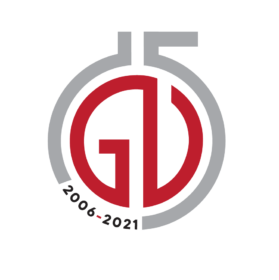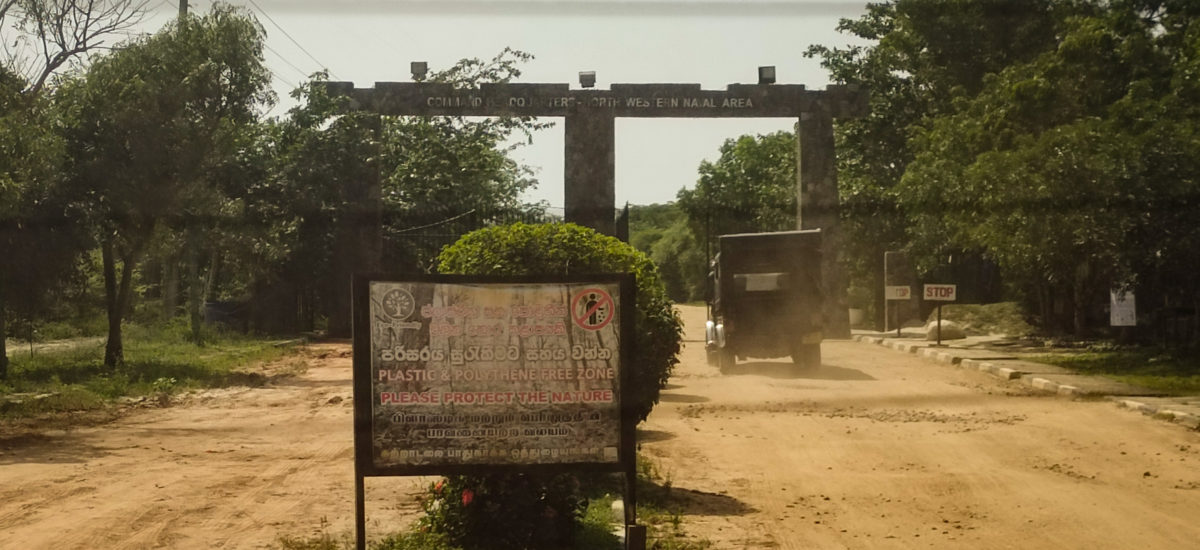The sentiments are unanimous. Under President Gotabaya Rajapaksa’s presidency and government, Sri Lanka’s human rights defenders in the north are being threatened, harassed and intimidated on a scale never experienced before.
Interviews with several of them bear out the reality of what numerous reports by the UN and human rights agencies such as Amnesty International and Human Rights Watch have been saying for over one year when the abandonment of truth, justice and the rule of law in Sri Lanka began in earnest.
In her latest statement to the UN Human Rights Council sessions on Wednesday, Commissioner Michelle Bachelet said, “Moreover, the systems, structures, policies and personnel that gave rise to such grave violations in the past remain – and have recently been reinforced…The space for civil society and independent media, which had grown significantly, is now rapidly shrinking.”
Articles in The New York Times and the British Guardian tracked the rapid deterioration of the human rights situation, citing several human rights defenders who referred to the diminishing space for dissent and the clampdown on voices of protest as well as increased harassment and intimidation.
The government has flatly dismissed the Commissioner’s allegations, with Foreign Minister Dinesh Gunawardena telling the Council’s sessions that Sri Lanka had been subject to an “unprecedented propaganda campaign” that was politically motivated.
The Covid-19 pandemic is being used as a convenient excuse to supress any form of dissent by outlawing gatherings such as protest marches despite the fact that government functions with large crowds are allowed to continue.
Several people, including TNA politicians M. A. Sumanthiran and Shanakiya Rasamanickam, have been dragged before the police for participating, against Covid-19 regulations, in the Pottuvil to Polikandy march to highlight the injustices carried out against the minority communities. Public Security Minister Sarath Weerasekara said that the government intended to file cases against Tamil protesters and added that Tamil politicians who attended needed to be teargassed and arrested. He later ordered the withdrawal of Mr. Sumanthiran’s Special Task Force security team.
In the north, mothers of the disappeared who went on the march are being asked to come to the CID for inquiries. Not only are they accused of violating Covid-19 regulations but tagged on to this allegation is another one about reorganising the LTTE. Impoverished women who can barely afford to feed their families, carrying the anguish of a disappeared child, have neither the means nor the inclination to be reviving a brutal terrorist organisation that probably took their children by force and brought them many years of untold suffering.
The surveillance, questioning and threats have created an atmosphere of mistrust and suspicion in the community where people do not know whether their closest friends or neighbours could be informants.
Bizarre situations arise where organisations are being threatened for providing awareness to families of the missing about claiming benefits and applying for certificates of absence when these are services provided by the government itself.
Human rights organisations have been forced to disclose information including staff home addresses and phone numbers as well as bank details to check funding sources.
“We can’t freely do our human rights work. We are constantly followed and under surveillance. We are threatened, our neighbours are questioned. CID officers visit our homes early morning or late at night,” said Subajini Anton a lawyer who works on human rights cases. Ms. Anton is pursuing the disappearance of 24 people who were arrested in July 1996 in a cordon and search operation conducted by Lt. Col. Duminda Kepetiwalane, who was at that time the Commander in Charge of the Navatkuli Army Camp. She is representing the families of three of the men who were taken from outside the District Secretariat in Jaffna in front of several eye witnesses by army personnel attached to the camp. The lead lawyer withdrew from the case after receiving threats. Lawyers and witnesses coming to court are photographed and videoed by security personnel. The case has been postponed many times. The original cases were transferred to the Anuradhapura High Court where documents have conveniently disappeared, so there is no way of moving forward. Despite the threats and intimidation, Ms. Anton is determined to press ahead to see that justice is served.
Pointing to increased repression, she said that young men were being arrested under the PTA for flimsiest of reasons such as accidently having a photo of a tiger in the background of their FB post, keeping LTTE songs on their flash drives or wishing LTTE leader Vellupillai Prabhakaran a happy birthday. Others who receive money into their accounts from diaspora relatives for basic necessities are being arrested for collecting money for “terrorist” activities.
“Surveillance intensified after easter attacks. We can’t talk to people, they get harassed. It is very difficult to work. Before 2015 no one wanted to talk about the war then when the government changed everyone started talking about it but now they have stopped. It was a false hope and now the cycle is continuing. It is exhausting because we have to take extra precautions. It is oppressive, we are walking on eggshells,” said a human rights researcher who did not want to be named, pointing to the deep divide between the north and the south of the country, where people in the south were unaware of the serious situation facing the minority community in the north.
The researcher was apprehensive that anyone who collaborated in the Geneva process would be victimised as soon as the UN Human Rights Council meetings were concluded.
“If we ask for our rights we are seen as betrayers of the country,” said Jesumani Yarton Figurado, Director Mannar Social and Economic Development Organisation. “But people have pain in their hearts. There are families with missing relatives, war widows, those disabled by the war, political prisoners and people wanting their land back who are all looking for justice,” he stressed. “We take precautions but we are very afraid.”
While organising the Pottuvil to Polikandy march, his staff was threatened, assaulted and warned not to take part in any protest. People throughout the north and east were getting phone calls telling them not to participate.
However, Mr. Figurado pointed out that despite the persecution, there were regular protests against the government as minority communities fought for their rights. “People have gained strength from international statements that highlight their fears. Although people are afraid, the desire for justice has strengthened their feelings and they are continuing to fight,” Mr. Figurado said.
Photographer Kumanan Kanavaripillai works closely with the mothers of the disappeared and with human rights defenders so he is a constant target of the CID and the TID. When a book was published with details about the mothers who had died during their quest to discover what had happened to their children, he was interrogated about his involvement in it. The military officers told him the book was anti-government and would give the country a bad name.
In the Kilinochchi district, inhabitants of Iranaithivu island have been trying to gain access to their homes on the island but are not being provided with any facilities for their basic needs such as shelter, health and education. One of them is a rehabilitated LTTE cadre. He spoke of being under constant surveillance, being visited at home by military intelligence and the fear that has returned under the current government. He is frequently questioned about plans to revive the LTTE. “The LTTE started because we were being repressed and harassed. If this situation continues, then it could start again,” he warned.
In this video Subajini Anton speaks about her experiences as a human rights lawyer in Jaffna.


